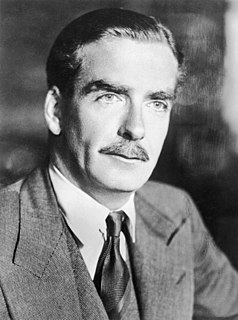A Quote by Herbert A. Simon
Maybe we ought to have a world in which things are divided between people kind of fairly.
Related Quotes
When I was nineteen, pureness was the great issue. Instead of the world being divided up into Catholics and Protestants or Republicans and Democrats or white men and black men or even men and women, I saw the world divided into people who had slept with somebody and people who hadn’t, and this seemed the only really significant difference between one person and another.
Turkish society is divided not only culturally but also politically. You're either conservative or progressive. Islamist or secular. Right wing or left wing. This kind of division can be seen in any society, but in Turkey, the problem is that we are losing any kind of connection between groups and any kind of desire to understand one another. The groups hate each other and they are demolishing all bridges between themselves. So society is divided strictly.
If I have one message to give to the secular American people, it's that the world is not divided into countries. The world is not divided between East and West. You are American, I am Iranian, we don't know each other, but we talk together and we understand each other perfectly. The difference between you and your government is much bigger than the difference between you and me. And the difference between me and my government is much bigger than the difference between me and you. And our governments are very much the same.
There's this kind of almost - kind of a weird kind of elitism that says well maybe - maybe certain people in certain parts of the world shouldn't be free; maybe it's best just to let them sit in these tyrannical societies. And our foreign policy rejects that concept. And we don't accept it. And so we're working.
I used to pile on the detail, which was probably a way of hedging my bets while I was working out my own way of doing things. I've cut it back over the years, but some of the descriptions can still be still pretty dense. So the answer is somewhere between fairly detailed and maybe too detailed. Fortunately, people are seeing the final pages and not my raw script.
The free world has need that its foreign policies should fairly measure the realities of the world in which we live. There are certain principles to which we hold: the sanctity of treaties, good faith between nations, the interdependence of peoples from which no country, however powerful, can altogether escape.
Pathology has made us acquainted with a great number of states in which the boundary lines between the ego and the external world become uncertain or in which they are actually drawn incorrectly. There are cases in which parts of a person's own body, even portions of his own mental life - his perceptions, thoughts and feelings -, appear alien to him and as not belonging to his ego; there are other cases in which he ascribes to the external world things that clearly originate in his own ego and that ought to be acknowledged by it.





































